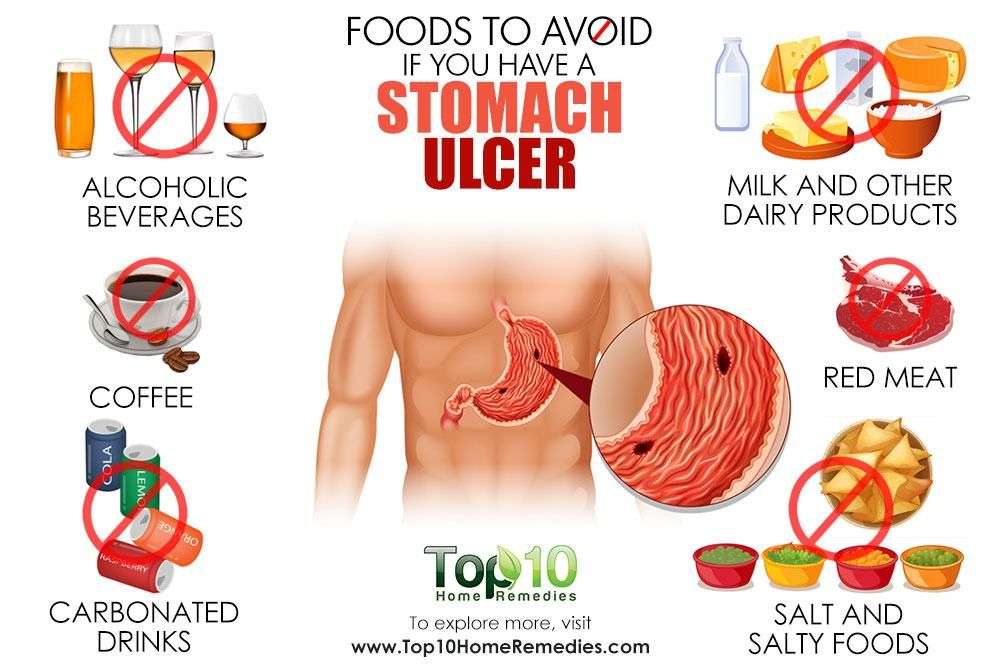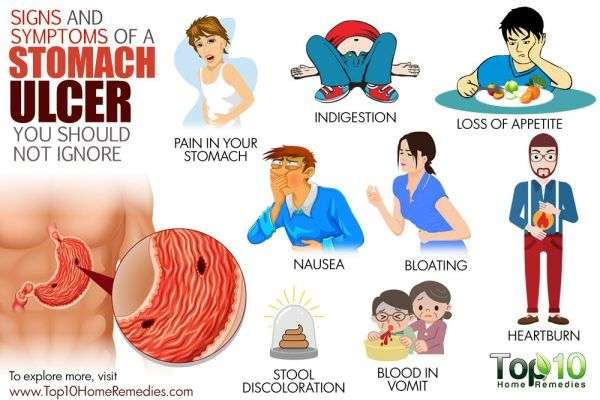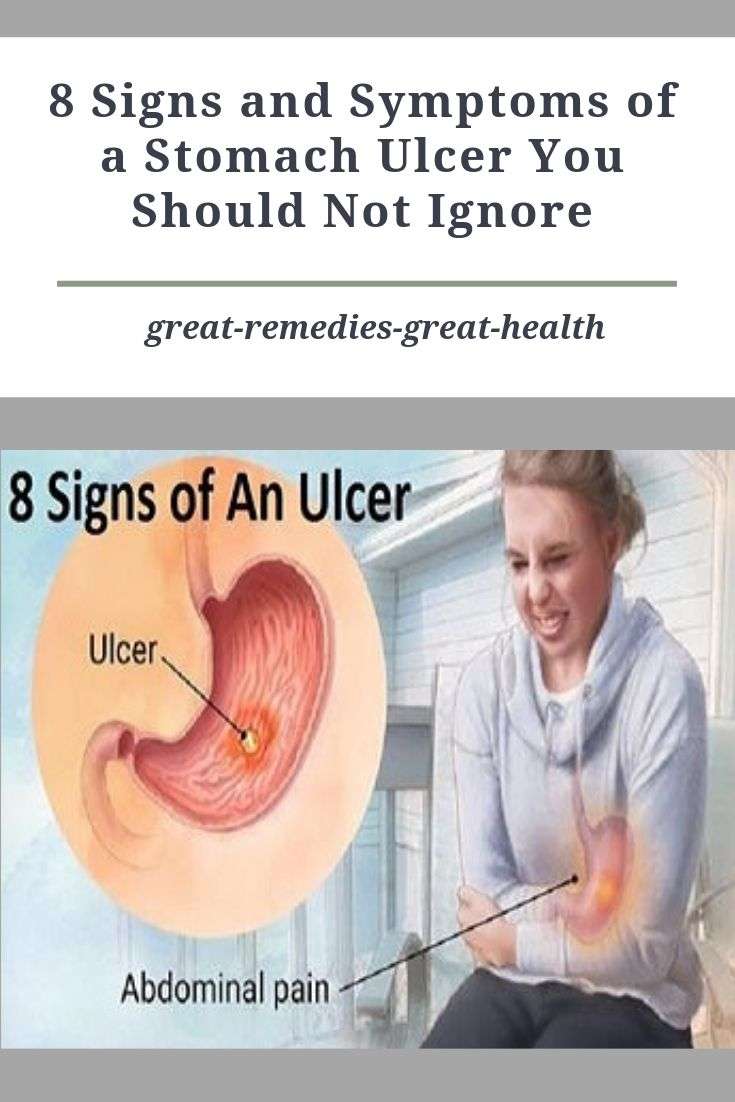Treatment For Mouth Ulcers
Most of the time, mouth ulcers will disappear in a period of one to two weeks, depending on the care you give to your mouth. These are some of the recommendations to help you in case you get a mouth ulcer:
- A soft toothbrush will work for your teeth: this will help you to avoid irritations to the ulcer
- Use a toothpaste that does not contain sodium lauryl sulfate
- Get OTC: this will help you to prevent irritation to the ulcer
- Avoid the specific type of food like: spicy, hot, or hard: by doing this you will improve your treatment to act faster and that way you can recover more quickly from mouth ulcers
- When drinking a cold beverage try using a straw
- Drink a lot of liquids
- Keep your mouth as clean as possible: this will help keep the area clean and avoid more infections, it can also provide you a sensation of pain relief
- Rinse your mouth with salted water: this procedure will keep your mouth clean
Patients can follow tips or some home remedies to try to recover from mouth ulcers. However, please take into account that it is always very important to have a consultation with a professional as mouth ulcers develop due to different causes
If patients continue getting ulcers frequently, it will be necessary to keep a record and visit a professional to get a full analysis and discard it is something else in which an alternative approach will be required.
Symptoms And Causes Of Ulcers
The primary symptom of ulcers and peptic ulcer disease is pain. A painful, burning sensation can be felt throughout the top of the sternum, seeping all the way to the navel. The time frame for the pain can fluctuateit could last for as little as a few minutes or for as long as several hours.
Most ulcers are caused by the bacterium Helicobacter pylori , a gastrointestinal infection that can cause both peptic ulcers and stomach cancer. H. pylori affects about 20% of people younger than 30 years old and 50% of people over the age of 60.Researchers are unsure how H. pylori can spread from one person to the other, but they do believe that it can be transmitted through food, water, and close contact with others. A 2003 study published in the Journal of the American College of Nutrition suggests that H. pylori is more likely to be found in individuals with low blood levels of vitamin C. Study researchers recommended increased vitamin C consumption.Aside from H. pylori, other causes of ulcers include excess digestive acids that will damage the lining of the digestive tract, long-term and constant use of anti-inflammatory drugs, as well as unmanaged stress. Stress causes a change in the immune system, blood flow, and acid secretionthese changes can aggravate ulcer symptoms and impede on the healing process.
Upper Gastrointestinal Endoscopy And Biopsy
In an upper GI endoscopy, a gastroenterologist, surgeon, or other trained health care professional uses an endoscope to see inside your upper GI tract. This procedure takes place at a hospital or an outpatient center.
An intravenous needle will be placed in your arm to provide a sedative. Sedatives help you stay relaxed and comfortable during the procedure. In some cases, the procedure can be performed without sedation. You will be given a liquid anesthetic to gargle or spray anesthetic on the back of your throat. The doctor will carefully feed the endoscope down your esophagus and into your stomach and duodenum. A small camera mounted on the endoscope sends a video image to a monitor, allowing close examination of the lining of your upper GI tract. The endoscope pumps air into your stomach and duodenum, making them easier to see.
The doctor may perform a biopsy with the endoscope by taking a small piece of tissue from the lining of your esophagus. You wont feel the biopsy. A pathologist examines the tissue in a lab.
Also Check: Cpt Code For Ulcerative Colitis
Burning Pain In Your Abdomen
This may seem like a no-brainer but the most common sign that people experience when they have a stomach ulcer is a persistent burning pain in their abdomen. This sensation occurs when juices in the stomach used for digestion come into contact with the open sore. For the most part, the pain is felt from the breastbone to navel and is often worse at night than during the day. On the other hand, if you are someone who frequently skips meals, you may find that you experience this pain much throughout the daytime.
What Natural Home Remedies Help Peptic Ulcer Pain

Home care for peptic ulcers often centers on neutralizing the stomach acid.
- Don’t smoke, and avoid coffee and alcohol. These habits increase gastric acid production and weaken the mucosal barrier of the GI tract promoting ulcer formation and slowing ulcer healing.
- Don’t take aspirin or nonsteroidal anti-inflammatory medications. Acetaminophen is a good substitute for some conditions. If acetaminophen doesn’t help, talk to your health-care professional about alternatives.
- If your symptoms are mild, try an over-the-counter antacid or nonprescription histamine blocker to neutralize stomach acid. Usually stronger prescription medications are needed.
Read Also: Remicade Vs Entyvio For Ulcerative Colitis
How To Avoid Irritating An Ulcer
This article was co-authored by Laura Marusinec, MD. Dr. Marusinec is a board certified Pediatrician at the Children’s Hospital of Wisconsin, where she is on the Clinical Practice Council. She received her M.D. from the Medical College of Wisconsin School of Medicine in 1995 and completed her residency at the Medical College of Wisconsin in Pediatrics in 1998. She is a member of the American Medical Writers Association and the Society for Pediatric Urgent Care.wikiHow marks an article as reader-approved once it receives enough positive feedback. In this case, 88% of readers who voted found the article helpful, earning it our reader-approved status. This article has been viewed 305,963 times.
A peptic ulcer develops when the stomach lining or first part of the small intestine begins eroding. Symptoms include a gnawing or burning pain in the abdomen between the breastbone and the navel, belching, nausea, vomiting, poor appetite, loss of weight, and feeling tired and weak.XTrustworthy SourceJohns Hopkins MedicineOfficial resource database of the world-leading Johns Hopkins HospitalGo to source If you are diagnosed with a peptic ulcer, your medical provider may prescribe antacids, acid blockers or antibiotics to reduce the pain and heal the ulcer. In addition to following your doctor’s treatment plan, there are several things you can do to avoid irritating your ulcer and prevent future flare-ups.
What Is Peptic Ulcer Disease
Peptic ulcer disease is a condition in which painful sores or ulcers develop in the lining of the stomach or the first part of the small intestine . Normally, a thick layer of mucus protects the stomach lining from the effect of its digestive juices. But many things can reduce this protective layer, allowing stomach acid to damage the tissue.
You May Like: Best Way To Heal Stomach Ulcers
Youve Had Unexplained Vomiting
From time to time, the nausea brought on by ulcers may become so intense that it could actually cause you to vomit. Frequent vomiting is never a fun experience, but whatever you do, stay away from medications like ibuprofen and aspirin when treating the condition and other ulcer symptoms. According to Dr. Sengupta, these over-the-counter pain medications actually put you at a higher risk of developing ulcers, and can make your current ulcers worse.
Can Peptic Ulcers Be Prevented
Doctors arent sure how H. pylori bacteria spread from person to person. The bacteria have been found in saliva , so kissing may be one way. They also may spread through food, water, or contact with vomit thats infected with the bacteria.
Regular use of NSAIDs can cause gastrointestinal problems and bleeding in some people. Acetaminophen does not cause stomach ulcers and is a good alternative to NSAIDs.
As with many infections, washing your hands well and often is an important part of ulcer prevention. This is extra important after you use the bathroom and before you eat. And take good care of your body by exercising regularly and not smoking or drinking.
You May Like: How Do You Get Rid Of Stomach Ulcers
If Your Ulcer Was Caused By Helicobacter Pylori
Most stomach ulcers are caused by infection with H. pylori. Therefore, a main part of the treatment is to clear this infection. If this infection is not cleared, the ulcer is likely to return once you stop taking acid-suppressing medication. For more information, see the separate leaflet called Helicobacter Pylori.
What Are The Possible Complications
An untreated ulcer that swells or scars can block your digestive tract. It can also perforate your stomach or small intestine, infecting your abdominal cavity. That causes a condition known as peritonitis.
A bleeding ulcer can lead to anemia, bloody vomit, or bloody stools. A bleeding ulcer usually results in a hospital stay. Severe internal bleeding is life-threatening. Perforation or serious bleeding may require surgical intervention.
Read Also: Black Tarry Stools Ulcerative Colitis
Other Causes And Factors
Other causes are rare. For example, some viral infections can cause a stomach ulcer. Crohn’s disease may cause a stomach ulcer in addition to other problems of the gut.
Stomach cancer may at first look similar to an ulcer. Stomach cancer is uncommon but may need to be ‘ruled out’ if you are found to have a stomach ulcer.
Duration Of Peptic Ulcers

Ulcers caused by Helicobacter pylori heal when the bacteria is killed. The typical course of treatment includes two weeks of antibiotics along with acid-suppressing medicine. This is followed by an additional four to eight weeks of the acid-suppressing medicine alone.
Its possible for an ulcer to heal temporarily without antibiotics, but it will likely recur or another one will form nearby if the bacteria is not killed.
Peptic ulcers caused by medication usually heal shortly after you stop taking the medication. Doctors typically recommend taking antacids for two to six weeks to assist with healing and relieve pain.
Read Also: How To Treat A Diabetic Ulcer
How Common Are Stomach Ulcers
It’s not known exactly how common stomach ulcers are. They have become much less common since the 1980s because of much more effective treatments. So people with stomach ulcers now usually get better much more quickly.
The term ‘peptic ulcer’ is used to describe ulcers that are caused by too much acid in the stomach. This includes stomach ulcers and also ulcers in the first part of the gut known as the duodenum. Stomach ulcers are less common than duodenal ulcers.
You Have Pain Specifically In Your Upper Abdomen
One of the most common ulcer symptoms is a severe pain in the upper abdomen, according to Neil Sengupta, MD, a gastroenterology specialist at the University of Chicago. Ulcers can develop anywhere in the upper digestive track, but Dr. Sengupta says we often think about those occurring in the stomach or small intestine, where we feel pain. This pain usually occurs between the breastbone and belly button, and can bring on a burning, aching, or dull feeling. The sensation may begin as a light, mild pain but often progresses into something more serious as the ulcers develop.
Also Check: Over The Counter For Ulcers
What Are The Symptoms Of Peptic Ulcers
Each persons symptoms may vary. In some cases ulcers dont cause any symptoms.
The most common ulcer symptom is a dull or burning pain in your belly between your breastbone and your belly button . This pain often occurs around meal times and may wake you up at night. It can last from a few minutes to a few hours.
Less common ulcer symptoms may include:
- Feeling full after eating a small amount of food
- Burping
- Bloody or black stool
- Vomiting blood
Peptic ulcer symptoms may look like other health problems. Always see your healthcare provider to be sure.
When To See A Doctor
Anyone who thinks they may have an ulcer in their stomach should consult their doctor. Any stomach symptoms that last for more than a few days or keep happening need evaluation and treatment.
A slow-bleeding ulcer can be signaled by symptoms of anemia, such as being tired and breathless. More serious bleeding is an urgent medical problem and can be signaled if blood is vomited up, or stools are black and sticky.
Perforation, or a hole in the stomach, is also an emergency. Without quick treatment, the wall of the stomach can become infected. Sudden stomach pain that gets worse can indicate perforation, and any signs of being very unwell with infection need treatment as soon as possible.
Also Check: 8 Foods To Eat During An Ulcerative Colitis Flare
Symptoms Of Stomach Ulcers
A number of symptoms are associated with stomach ulcers. The severity of the symptoms depends on the severity of the ulcer.
The most common symptom is a burning sensation or pain in the middle of your abdomen between your chest and belly button. Typically, the pain will be more intense when your stomach is empty, and it can last for a few minutes to several hours.
Other common signs and symptoms of ulcers include:
- dull pain in the stomach
- weight loss
- heartburn, which is a burning sensation in the chest)
- pain that may improve when you eat, drink, or take antacids
- anemia, whose symptoms can include tiredness, shortness of breath, or paler skin
- dark, tarry stools
- vomit thats bloody or looks like coffee grounds
Talk to your doctor if you have any symptoms of a stomach ulcer. Even though discomfort may be mild, ulcers can worsen if they arent treated. Bleeding ulcers can become life-threatening.
What Causes Peptic Ulcers
Ulcers form when digestive juices damage the walls of the stomach or small intestine. If the mucus layer gets too thin or your stomach makes too much acid, your gut will feel it. The two major causes are:
- Bacteria. Itâs called Helicobacter pylori , and as many as half of us carry it. Most people infected with H. pylori do not get ulcers. But in others, it can raise the amount of acid, break down the protective mucus layer, and irritate the digestive tract. Experts arenât sure how H. pylori infection spreads. They think it may pass from person to person through close contact, like kissing. You may also get it from unclean food and water.
- Certain pain relievers. If youâve been taking aspirin often and for a long time, youâre more likely to get a peptic ulcer. The same is true for other nonsteroidal anti-inflammatory drugs . They include ibuprofen and naproxen. NSAIDs block your body from making a chemical that helps protect the inner walls of your stomach and small intestine from stomach acid. Other types of pain meds, such as acetaminophen, wonât lead to peptic ulcers.
- Smoking cigarettes and drinking alcohol also can make you more likely to get ulcers. Stress and eating a lot of spicy food donât cause ulcers, as experts once thought. But they can make ulcers worse and harder to treat.
Also Check: What To Do When Ulcerative Colitis Flares
What Are The Treatments For An Ulcer
You shouldnât treat an ulcer on your own without first seeing your doctor. Over-the-counter antacids and acid blockers may ease some or all of the pain, but the relief is always short-lived. With a doctor’s help, you can find an end to ulcer pain as well as a lifelong cure for it.
The chief goals of ulcer treatment are reducing the amount of acid in the stomach and strengthening the protective lining that comes in direct contact with stomach acids. If your ulcer is caused by bacterial infection, your doctor will also treat that.
When Should I Call My Healthcare Provider

See your healthcare provider right away if you have any of these symptoms:
- Vomiting blood or dark material that looks like coffee grounds
- Extreme weakness or dizziness
- Blood in your stools
- Nausea or vomiting that doesnt get better, or gets worse
- A sudden, severe pain that may spread to your back
- Losing weight without even trying
Untreated peptic ulcers may cause other health problems. Sometimes they bleed. If they become too deep, they can break through your stomach.
Ulcers can also keep food from going through your stomach.
Don’t Miss: What Not To Eat If You Have An Ulcer
How Is A Peptic Ulcer Diagnosed
Your doctor will ask about your symptoms, whether you take NSAIDs and other drugs, and medical history. Theyâll also check you for bloating in the belly and pain. That may be enough to make a diagnosis.
The only way your doctor can tell for sure if you have an ulcer is to look. They may use a series of X-rays or a test called an endoscopy. This test allows them to pass a thin, bendy tube down your throat and into your stomach and small intestine. The tube has a camera at the end so they can check the lining for ulcers. They may also take a small piece of the lining to test for H. pylori. Blood, breath, and stool sample tests also can screen for the bacteria.
Is There A Peptic Ulcer Diet Plan
No particular diet is helpful for people with peptic ulcers. At one time, a bland diet and avoidance of spicy or greasy foods was recommended. Milk and dairy food have been used in the past for ulcer symptoms, but have not been proven to be effective. We now know diet has little effect on ulcers. In some people, however, certain foods seem to aggravate stomach ulcer symptoms. Keep a food diary with your intake and the resulting symptoms and avoid eating any foods that aggravate symptoms.
Don’t Miss: Can You Eat Pizza With Ulcerative Colitis